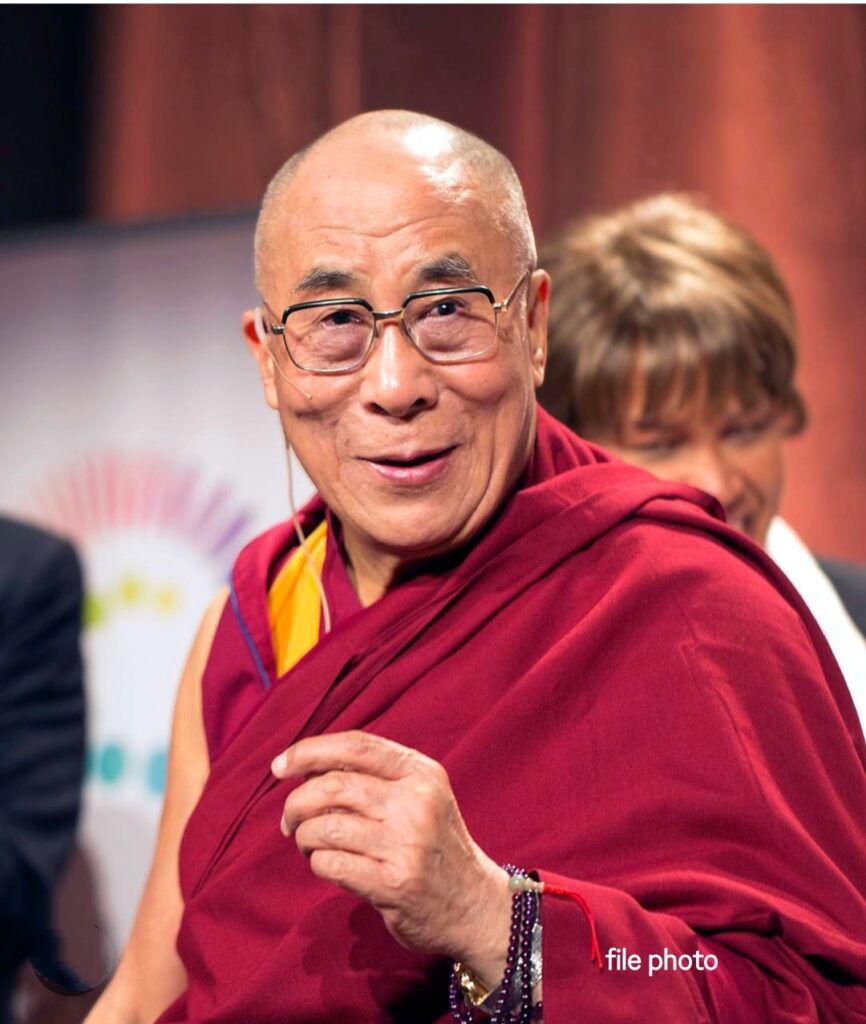Nestled in the lush Kangra Valley of Himachal Pradesh, India, Dharamsala is a place that transcends its geographical boundaries to embody a profound spiritual and cultural significance. While its scenic beauty and tranquil ambiance are undoubtedly captivating, Dharamsala’s global recognition is primarily rooted in its identity as the residence of His Holiness the 14th Dalai Lama. This association has transformed the city into a symbol of peace, resilience, and spirituality, attracting visitors from around the world and embedding it deeply in the global consciousness.
The arrival of the Dalai Lama in 1959, following his exile from Tibet, marked the beginning of Dharamsala’s transformation. The Indian government generously offered refuge to him and his followers, allotting land in McLeod Ganj, a suburb of Dharamsala, to establish the Tibetan government-in-exile. This event turned Dharamsala from a quiet hill station into the spiritual heartland of the Tibetan diaspora. The presence of the Dalai Lama has since imbued the city with a unique character, blending Tibetan culture with the indigenous Indian backdrop, creating a vibrant tapestry of cultural exchange.
Dharamsala is renowned for its rich Tibetan heritage, manifested in the numerous monasteries, temples, and educational institutions that dot the landscape. The Tsuglagkhang Complex, which houses the Dalai Lama’s temple, is a focal point for those seeking spiritual solace and enlightenment. It hosts thousands of pilgrims and tourists yearly, drawn to its peaceful ambiance and the opportunity to attend teachings and rituals led by the Dalai Lama himself.
Beyond its religious significance, Dharamsala is pivotal in preserving Tibetan culture and history, particularly through institutions like the Tibetan Library and the Norbulingka Institute. These establishments are dedicated to the study and conservation of Tibetan art, literature, and crafts, serving as a bridge between generations and a reminder of the resilience of the Tibetan people.
The Dalai Lama’s advocacy for peace, non-violence, and human rights has resonated globally, earning him the Nobel Peace Prize in 1989. His philosophical teachings and humanitarian efforts have attracted a global following, making Dharamsala a center for international dialogue on peace, ethics, and compassion. The city hosts numerous conferences, workshops, and seminars, drawing scholars, activists, and leaders from across the world to engage in meaningful discussions on global peace and sustainability.
Dharamsala’s appeal extends beyond its spiritual and cultural offerings. The city’s stunning landscapes, trekking routes, and the allure of the Himalayas attract adventure enthusiasts and nature lovers. Furthermore, the fusion of Tibetan and Indian cultures has created a unique culinary and artistic scene, enhancing its attractiveness as a tourist destination.
The international community’s interest in Dharamsala has spurred infrastructure development, with improvements in connectivity, hospitality, and services catering to a diverse audience. This development, however, is balanced with efforts to preserve the natural beauty and cultural integrity of the region, reflecting a commitment to sustainable and responsible tourism.
In the conclusion we must say that Dharamsala, more than just the residence of the Dalai Lama, is a testament to the enduring spirit of the Tibetan people and their quest for peace and freedom. It stands as a beacon of hope and a source of inspiration for individuals seeking spiritual guidance, cultural enrichment, or simply the tranquility of the Himalayan landscape. In its embrace of visitors from all corners of the globe, Dharamsala exemplifies the possibility of a world united in peace, understanding, and compassion. Through its global recognition and influence, Dharamsala continues to contribute to the dialogue on human rights, environmental stewardship, and the interconnectedness of all beings, embodying the Dalai Lama’s vision for a more compassionate and peaceful world.
Arvind Sharma is an award winning bi-lingual journalist with more than 20 years of experience.
He has worked with Divya Himachal, Dainik Jagran, Dainik Bhasker, Vir Partap, Ajit and PTI.
In 2010, he was conferred the Himachal Kesri journalism award. He reports on the Tibetan Government in Exile, politics, sports, tourism and other topics. He lives in Dharamshala.





